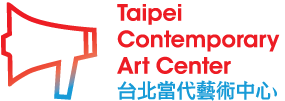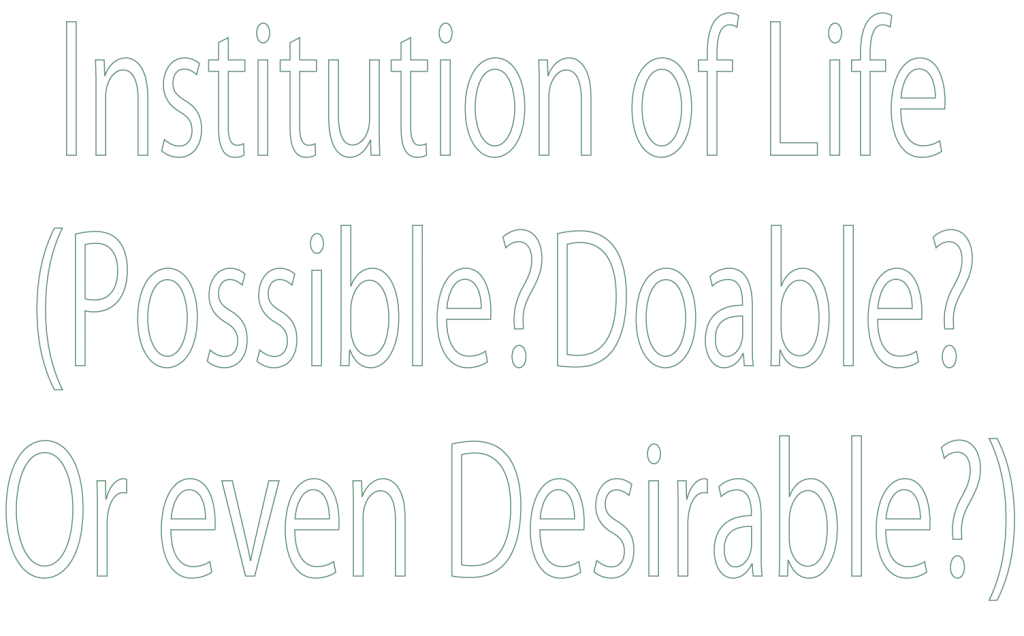For English, please scroll down.
工作坊#3 生命機制(可能性?可行性?或如何被慾望?)
時間:2016年11月9日(三)晚間7~9點
地點:打開-當代藝術工作站(台北市大同區甘州街25號)
主辦單位:台北當代藝術中心、鳳甲美術館
報名表單,單場限十二位參與者,本活動將以英文進行。
生命機制(可能性?可行性?或如何被慾望?)
生命由各種進行中的不確定所組成,猶如從一個人的所在開始並與他者產生關係的各種學習、重練、關照的航行。藝術則組織並回應這些行動:它展開對於周遭的觀察、給予彎折、實驗和遊戲的空間。藝術終極將與生命成為夥伴、形塑生命,因此這樣的過程將賦予生命形式某種型態。
然而各種機構,不論是藝術、教育或是政府機構,都傾向以品質與安全之名來進行控管和壓制——而讓機制工作逐漸成為關於治理和監禁的工作,並將自身帶向其死亡。這種死亡於是和地球上許多非人類物種生命的死亡產生共鳴(是的,某種生態危機)。我們需要重新宣誓生命能量和藝術之力來改變機構實踐的方式。因此,我們需要質問自身我們到底在討論什麼樣的藝術實踐,又如何實現。
工作坊要求:每位參與者帶一、兩首由上述文字所啟發聯想的詩,希望是來自台灣在地或是亞洲區域間的詩作,不限定是否為當代作品。
關於主講人:
Binna Choi自2008年來擔任荷蘭Casco – Office for Art, Design and Theory的總監,她透過將藝術和藝術機構實踐作為一種建構微型社會的方法,參與、串連在社會運動間。在這樣的脈絡下,她發起並和許多團隊一起協作發展許多長期性的計畫,如《寬家庭革命》(2009/2010-2013);《組織公共》(2013-2015)則是一個為期三年的探詢和實踐項目,並被荷蘭藝術學院美術碩士班納入學程中;自2013年參與跨在地連結網絡《Arts Collaboratory》的工作。她的策展計畫包括三天的講座《耕耘或革命?在公寓和農田中的生命》,廣州時代美術館(與蔡影茜共同策劃,2014)、夏日學校暨展覽《團隊本性》,慕尼黑藝術中心(與Bart van der Heide共同策劃,2011)。2016年,她擔任第11屆光州雙年展策展人。除了策展以外,她也進行寫作、編輯、出版,並以講座、討論和工作坊的形式來開發思辨性平台。
關於2016開放策展學校:策展工器
本次活動特別感謝打開-當代藝術工作站
Workshop#3 Institution of Life (Possible? Doable? Or even Desirable?)
Time: 7-9pm, Nov 9, 2016
Venue: Open Contemporary Art Center(No.25, Ganzhou St., Datong Dist., TAIPEI CITY 10346, TAIWAN)
Organizers: Taipei Contemporary Art Center, Hong-gah Museum
Sign-up here, the workshop opens for 12 participants, and it will be in English.
Institution of Life (Possible? Doable? Or even Desirable?)
Life consists of ongoing surprises, “flights” from where one is, an ongoing process of learning, unlearning, and caring that is always in relation to and always in being with others. (Certain) Art resembles and echoes these actions: it observes, bends, experiments, and plays with all that surrounds us. Ultimately it couples with life, forms life, hence a form of life is being shaped in its becoming.
However, an institution, be it an art institution, an educational institution, or a governmental institution tends to control and oppress in the name of quality and security—institutional work has become about policing and imprisoning, and is bringing itself close to its own death. This death then resonates with the deaths of many non-human lives on this earth (yes, ecological crisis). We need to reclaim the power of life and the force of art and to change institutional practice accordingly. In order to do so, we need to question what art practice we talk about and what we do with it.
Requirement for the workshop: each participant brings 1- 2 poems in light of the above statement, preferably the one by Taiwanese poets or one from the region. It does not matter whether it’s by the contemporary or not.
About speaker:
Binna Choi is director of Casco – Office for Art, Design and Theory in Utrecht, the Netherlands since 2008 where she takes up art and art institutional practice as a way to build a (micro) society in movement, in tandem with social movements. In this context, she conceived and co-developed with the team and numerous others a long-term project like Grand Domestic Revolution (2009/2010-2013) and a three-year programme as a trajectory of inquiry and practice (2013-2015) entitled Composing the Commons; has been part of the faculty of the Dutch Art Institute /Masters of Fine Arts Programme in Arnhem; and working for and with a trans-local network Arts Collaboratory since 2013. Her curatorial projects also include three day seminar Cultivate or Revolutionize?: Life Between Apartment and Farmland at Times Museum, Guangzhou (2014, with Nikita Choi) and summer school and exhibition Group Affinity at Kunstverein Munich (2011, with Bart van der Heide). For the 11th Gwangju Biennale (2016) she works as the curator. As part of her practice, she also engages with writing, editing, publishing, and contributing to discursive platforms with lectures, discussion and workshops.
For more information of 2016 Open Curatorial School: Curatorial Instruments in Speculation
Special thanks to Open Contemporary Art Center

